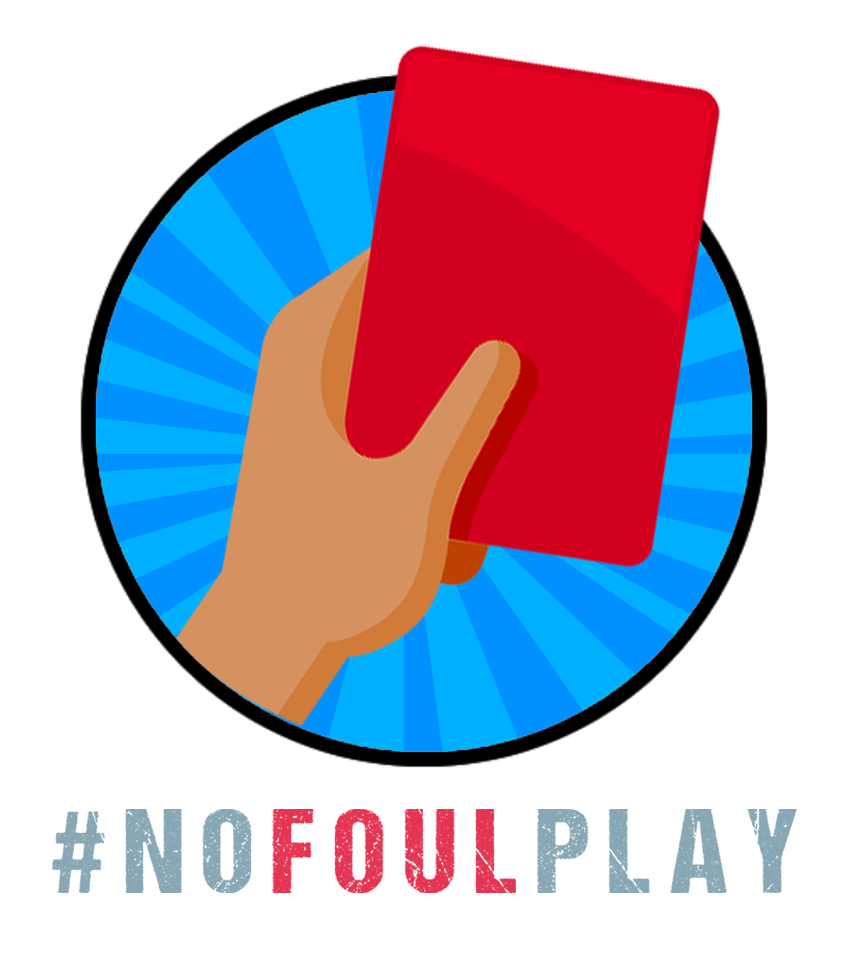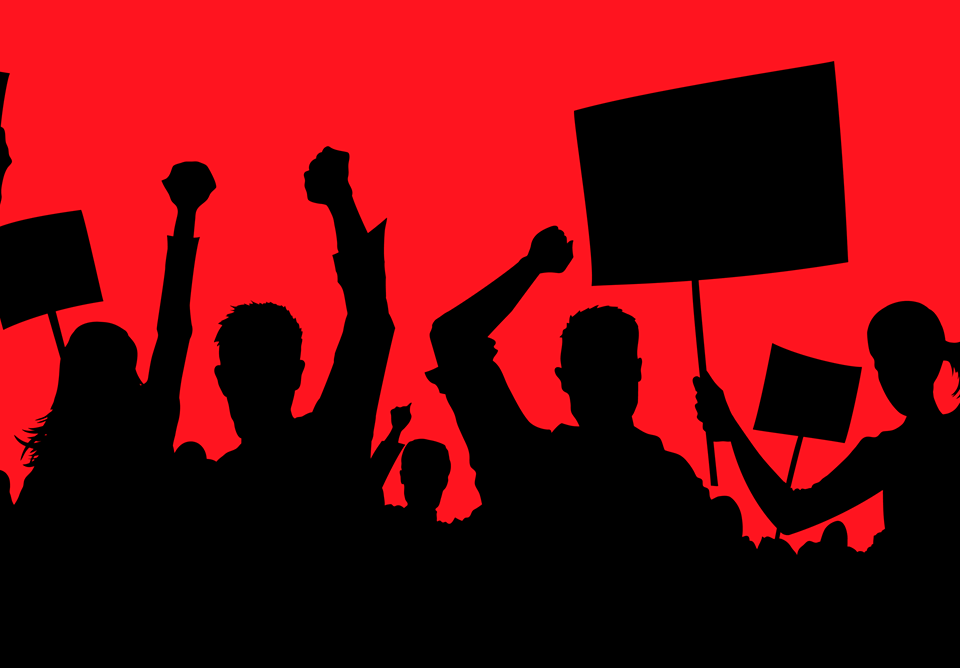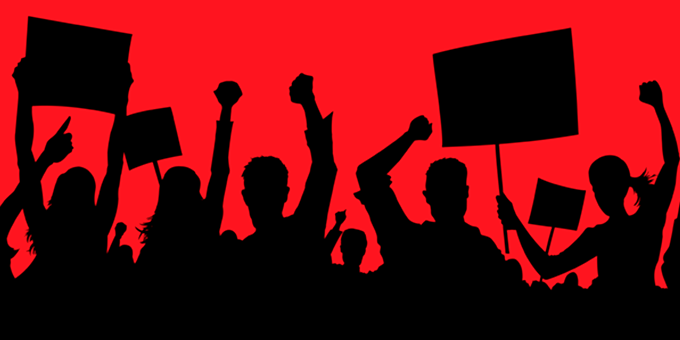Indian athletes rendered powerless, speak up!
Your career or your safety. Your passion or your freedom. Your accolades or your voice.
On May 30, 2023 a group of Indian wrestlers were confronted with these choices on the banks of the Ganga. Because of the radical nature of their readiness to submerge their medals, the status of the wrestlers, and the mass support they had gathered after months of sustained protest, the Indian public and much of the world was privy to the details of their protest and the crime that incited it. The unfortunate truth however, is that hundreds of Indian athletes have been, and continue to be confronted with these choices, silenced because they’re rendered powerless by the forces and mechanisms of the national sports infrastructure in India.
Sakshi Malik, Vinesh Phogat, and Bajrang Punia, among others, chose to fight against the sexual assault of athletes in the Indian wrestling community, at the risk of endangering their careers. They rallied to exercise their freedom of speech at the expense of adequate training for the upcoming world championships. They were prepared to let go of their hard-won medals to take a stand that would be heard.
What’s obvious in their protest is their courage and their conviction. But it's vital to recognise that giving up everything you’ve worked for your whole life, just to be heard, is also an act of utter desperation. Risking your career, your passion, your victories - should not be the only option for anyone. The fact that it is, is a stark representation of just how dire the situation is for so many Indian athletes.
Speaking out against the National Department of Sports and its branches and individuals in positions of power like Brij Bhushan Singh, often have harsh consequences. What’s worse, is that even when an athlete risks everything to do so, the Indian sports infrastructure, inextricably linked to Indian politics - with most sports federations headed by members of the legislative branch - is extremely effective in countering, silencing, and punishing any critique or protest.
When complaints are lodged through legitimate avenues, they’re vulnerable to being crushed by the individuals in power - often the subjects of these complaints. The wrestlers were arrested for ‘rioting, assembling unlawfully, and obstructing public servants’. The legal grounds for this arrest are themselves questionable. But it's important to note that protesting was not their first course of action. Years ago, during their 2012 national camp, a sexual harassment complaint was lodged with the police. Most of us didn’t hear of it at the time because, as they recount, “within 24 hours the case was hushed up”. In January 2023, the government announced a committee to investigate the claims, but the committee has failed to initiate any action. Unfortunately, the ‘legitimate avenues’ for speaking out, have generally been ineffective, under the control of the political leaders who, if not directly involved in the atrocities being protested, have political incentive to counter the allegations being made.
This isn’t limited to the party in power. The structure of the governing bodies of Indian sports across administrations, have left little to no space for athletes to speak out, draw attention to abuses of power, and incite necessary change.
Some player associations, like the FPAI, exist for collective efforts to work towards addressing the concerns and needs of Indian athletes. However, any significant progress by player associations in the country has been hindered by the bureaucratic nature of Indian sports bodies.
The one thing that offers a glimpse of hope right now, for the possibility of some semblance of justice, is public support. Widespread coverage of the protests, international pressure from organisations like United World Wrestling and the hordes of people who joined the wrestlers as they protested in Delhi and Haridwar are forcing the confrontation of the allegations rather than their cover up.
These athletes occupy incredibly vulnerable positions and the risk of speaking out is incredibly high. To combat the oppressive structure so effective in silencing them, they need public support to force government action. They need public support to reduce the risk of speaking out. They need public support so that their voices are heard and amplified before they can be silenced.
As we watch Sakshi, Vinesh, Bajrang, and their fellow wrestlers risk everything to fight for justice, it’s our chance to make their voices louder. It’s our chance to create an atmosphere of persevering support that gives other athletes the confidence to speak out. Athletes in our country should not have to risk everything to demand basic safety. But without reform, sports governing bodies can always silence their athletes because they have the power to take away everything - their source of income, their opportunities to compete, their dignity, their fundamental freedoms. Those in power are benefiting from the oppressive structures of these sports governing bodies. And so, reform is unlikely unless public dissent is so loud it can’t be ignored.
In the sphere of Indian football, player protest and organisation has been quite rare - disproportionate to the glaring injustices and inequalities experienced.
Last year during the U17 Women’s World Cup which was held in our country, a case of sexual abuse by an Indian team coach with a playing member of the Indian squad was quietly brushed under the carpet with a quiet dismissal of the said coach. No one dared uncover the truth or demand harsher punishment.
This year, AIFF failed to telecast the recently concluded Indian Women’s League despite its standing as the highest level of competitive professional football in the country. There were so many other hardships faced by the athletes in this tournament, yet, we haven’t seen any significant opposition from the players.
The wrestler’s protest in its power and endurance has drawn attention towards the miserable state of affairs in the organisation of Indian sports. Not just the country, the entire world is paying close attention. There is perhaps no better moment for Indian footballers to speak out, no better chance for their dissenting voices to escape the power mechanisms that would otherwise swiftly silence them.
The wrestlers have struck right at the heart of this oppressive structure, but without the support of the public, as well as their fellow athletes, it is unlikely that they will be able to incapacitate the structure entirely. It’s going to take a lot of people, a lot of voices, a lot of fighting, to deliver that final blow - to make Indian sports a safe, just, empowering space.
- Mrunmayi Kamerkar













Leave a comment on this post